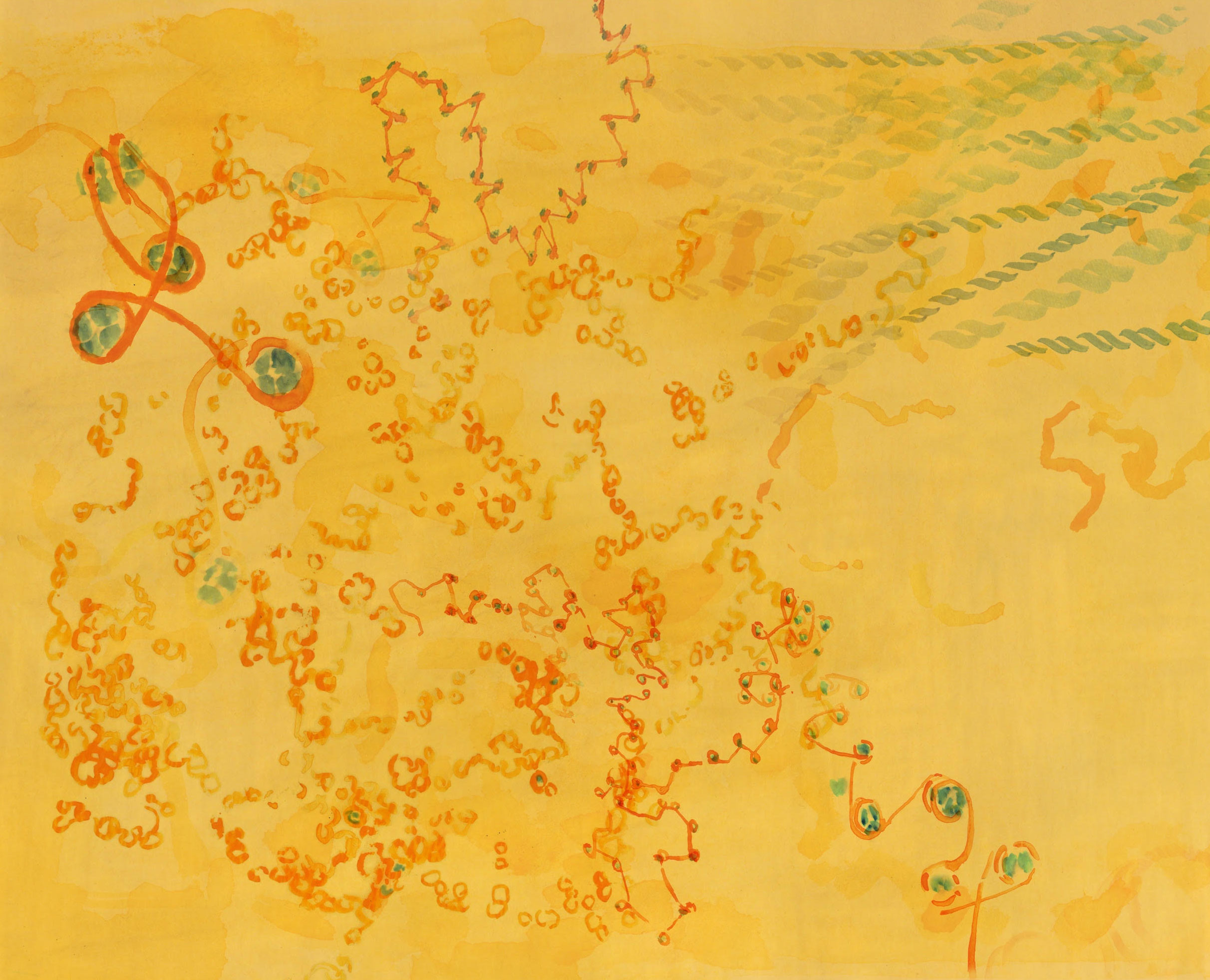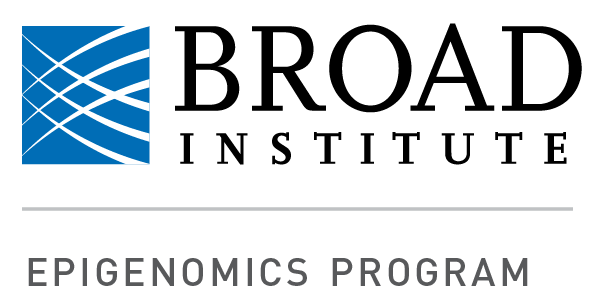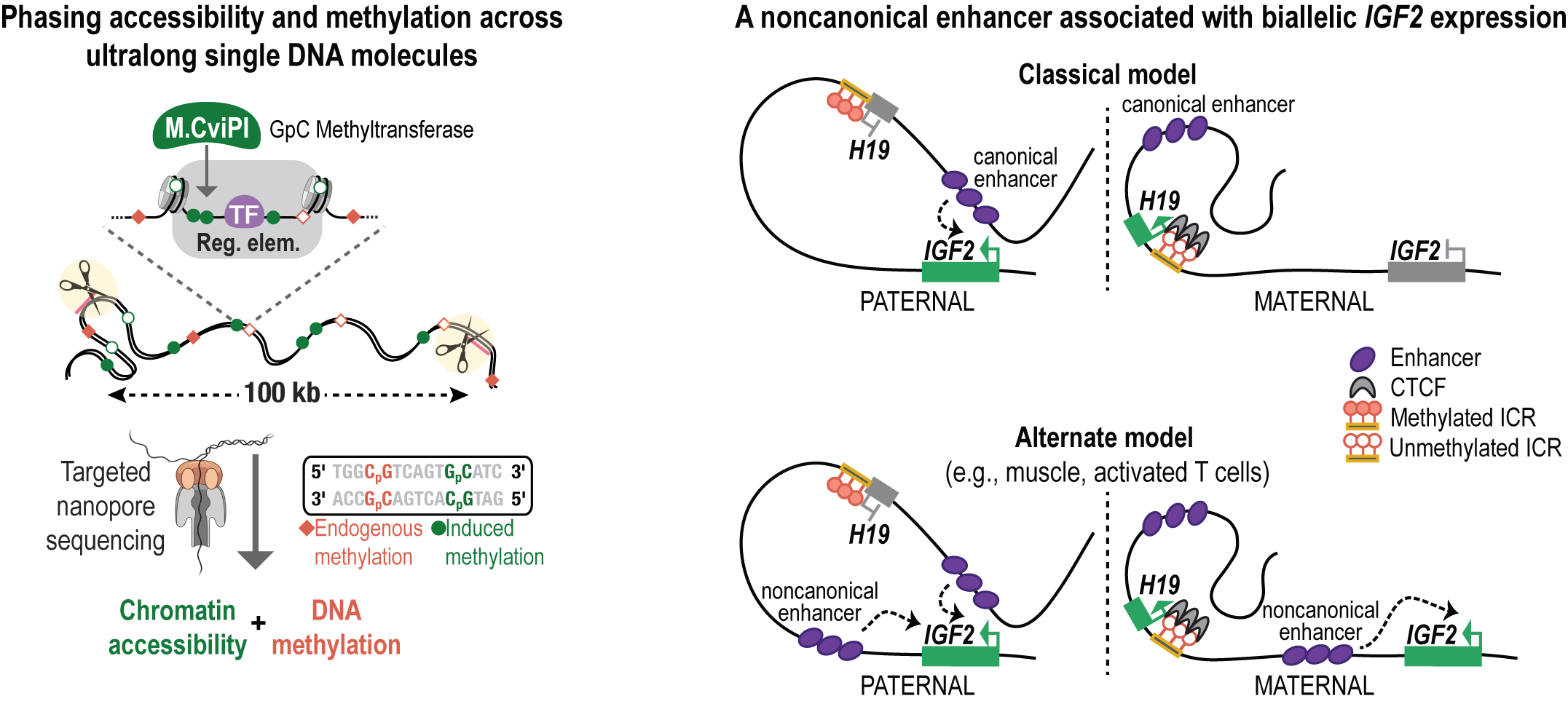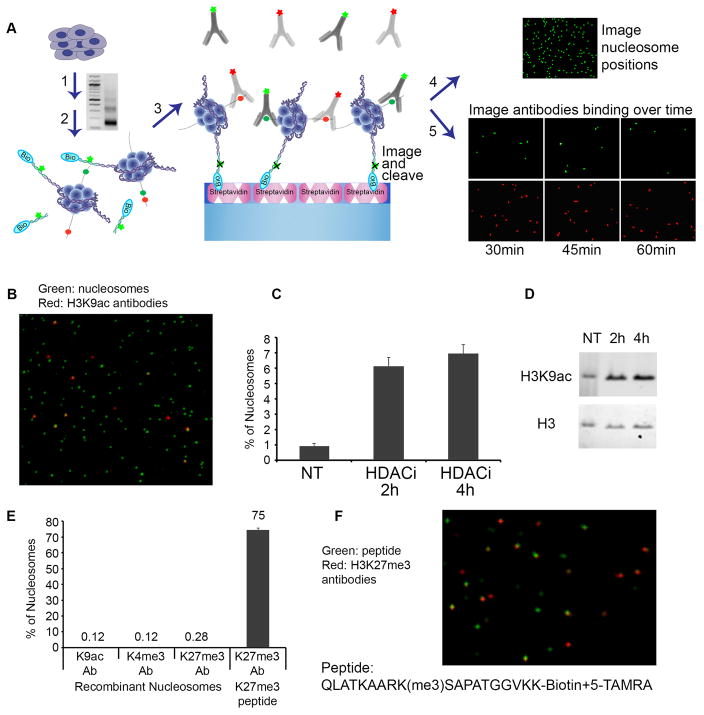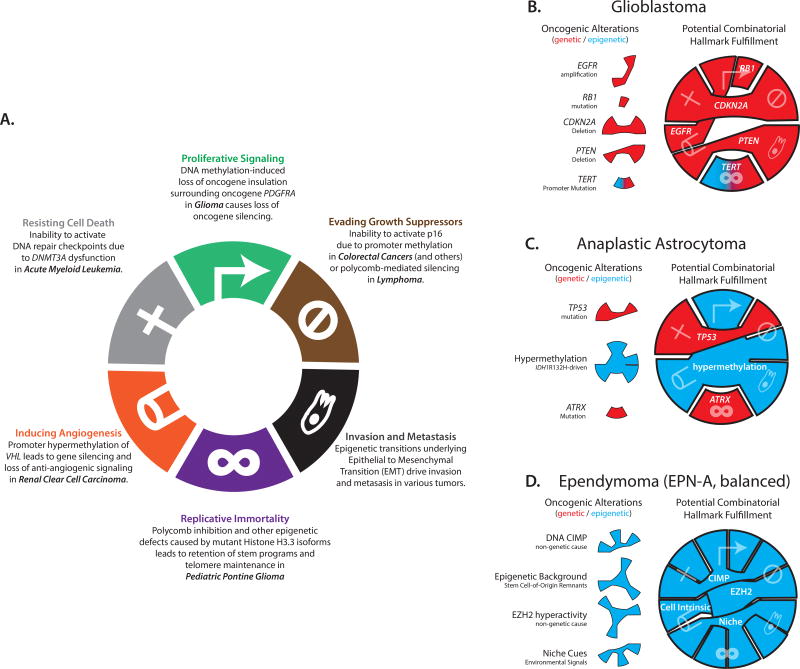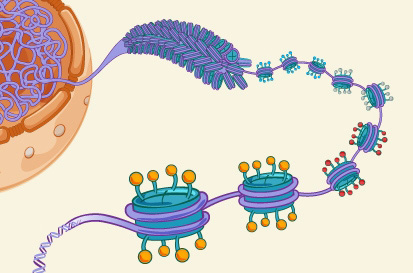What We Do
Bernstein lab pursues a systems-level, molecular understanding of chromatin structure and the epigenetic regulation of cellular state, and how these systems go awry in disease.
MoreLatest News
October 2022
Long-range phasing of dynamic, tissue-specific and allele-specific regulatory elements.
November 2021
Congratulations to Brad, who joined the Department of Cancer Biology at Dana-Farber as Chair on July 1, 2021. The Department of Cancer Biology performs lab-based research investigating the molecular pathways driving cancer. Under his leadership our 24 independent faculty and more than 300 laboratory personnel combine structural, chemical, genetic, computational, and biochemical approaches to identify molecular vulnerabilities unique … Continued
April 2020
Brad delivers a seminar sponsored by the DF/HCC Connect:Science seminar series and the Leukemia & Lymphoma Society. In the midst of the Covid-19 pandemic, researchers continue to engage.
Research Areas
We develop cutting edge technologies – many of which utilize sequencing-based technology – to both map and perturb chromatin state, with a focus on single cells, single molecules, and large scale perturbations with small molecules and CRISPR screens. Our current projects focus on: High throughput low input and single cell transcriptomic and epigenomic mapping Single … Continued
Genes encoding chromatin regulators are frequently mutated in human cancer. In specific cases, these alterations appear to be major drivers of the malignant state. In addition, although cancer is typically thought of as a genetic disease, the importance of epigenetic aberrations and epigenetic deregulation is becoming increasingly clear through a convergence of findings, in addition … Continued
The group investigates mechanisms by which chromatin, transcription factors (TFs) and interacting regulatory sequences control gene activity, poising and repression.
Chromatin regulators, such as the Polycomb and trithorax complexes, play critical roles in controlling the expression and potential of genes during development. We identified a novel chromatin structure, termed bivalent domains, that is subject to simultaneous regulation by Polycomb repressors and trithorax activators. Bivalent domains appear to keep developmental regulator genes poised in pluripotent embryonic … Continued

